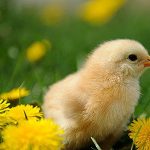
Until the 1960s, no one was able to determine the function of a chicken’s cloacal bursa. That year, in an attempt to find out, Ohio State University graduate student Bruce Glick performed bursectomies on some chickens. But it didn’t seem to make any perceivable difference. Unintended Consequences Then a fellow graduate student, Timothy Chang, borrowed […]
Continue Reading
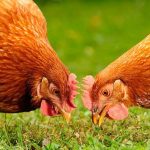
Unlike cows and sheep, chickens are not primarily grazers and cannot digest large amounts of tough fiber. Short pasture perennials are therefore more suitable than taller plants as forage for free range chickens. But, like any pasture, forage for chickens must be suitable for the climate and properly managed. Warm Season Forage Among warm-season greens, […]
Continue Reading
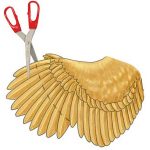
A chicken — or any other poultry — that persists in flying out of its enclosure can be an annoyance. It may destroy vegetable gardens and flower beds (yours or your neighbor’s). It may get into the wrong pen and mess up your breeding plan. Worse, it could get run over on the road or […]
Continue Reading
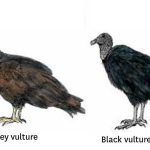
Vultures are often blamed for killing chickens that were already dead when they got there. Vultures are primarily scavengers. They subsist mainly on animals that have been dead for two to three days. A vulture is a large, black raptor with an exceptionally wide wingspan. It flies in large, languid circles while seeking something to […]
Continue Reading
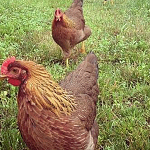
Some chicken breeds thrive better on forage compared to others. Breeds that have been kept in confinement for many generations generally forage less aggressively than breeds that have continued to exercise their foraging instinct. If you want a low-maintenance flock, and you have space for them to roam, consider these chicken breeds that are exceptional […]
Continue Reading
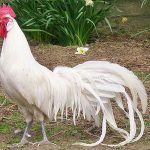
A longtail chicken is one of several breeds selectively bred for growing particularly long tail feathers. The roosters have two specialized genes that allow their tails to grow longer than those of other breeds. One is a nonmolting gene that causes some of their tail feathers to not molt. The other gene produces rapid tail-feather […]
Continue Reading
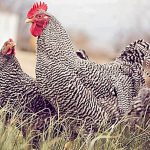
The pecking order governs the social organization of a flock of chickens, thereby reducing tension and stress in an established flock. Starting in the brooder, chicks spar almost from the day they hatch. By the time they are about six weeks old, each has established its place in the pecking order. In general, roosters are […]
Continue Reading

Because of school closures during the pandemic, elementary school embryology programs are not presented in classrooms. To fill the gap, The Livestock Conservancy, of which Cackle Hatchery® is a member, has teamed up with North Carolina 4-H Extension to develop a virtual learning experience. The series is called “From Embryo to Chick” and is offered […]
Continue Reading
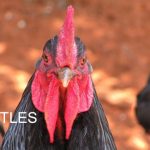
One of the great benefits of keeping chickens is that it gives you an opportunity to expand your vocabulary. The world of chicken keeping is full of odd or potentially confusing words and phrases, like those in this mini glossary of chicken terminology. Bloom: The moist, protective coating on a freshly laid egg that dries […]
Continue Reading
Male Rhode Island Red Chicken (Exhibition Type)
Continue Reading









